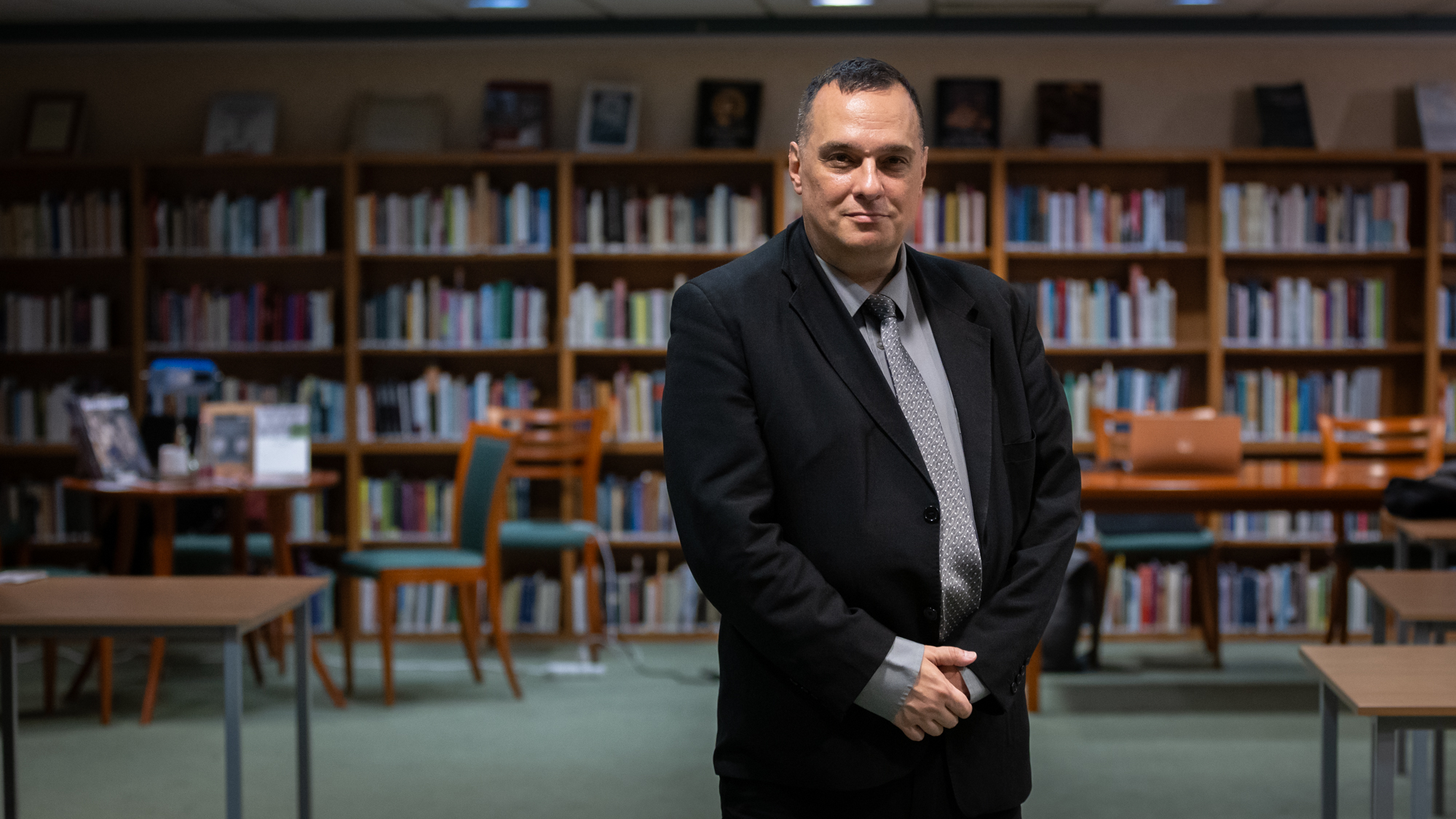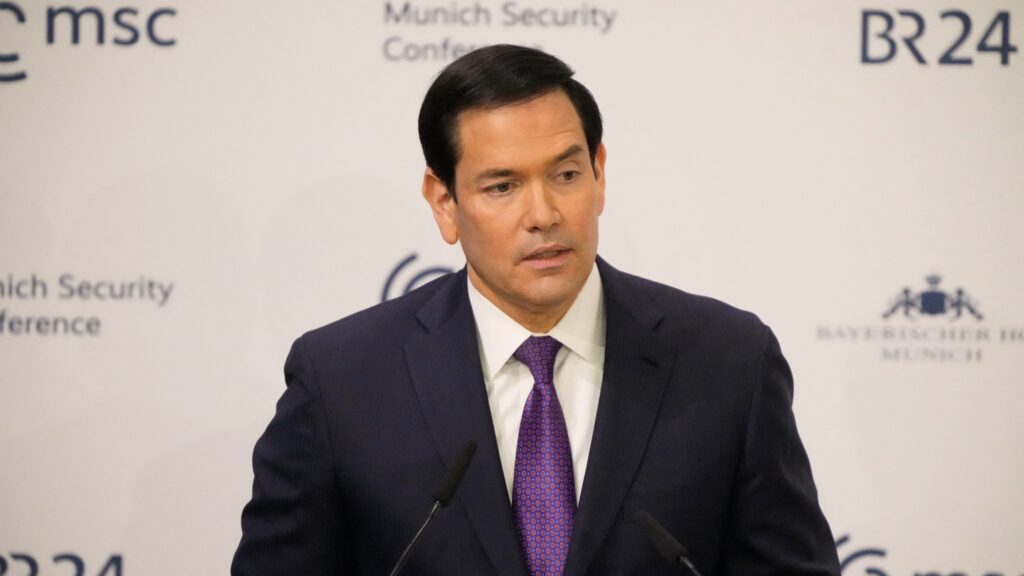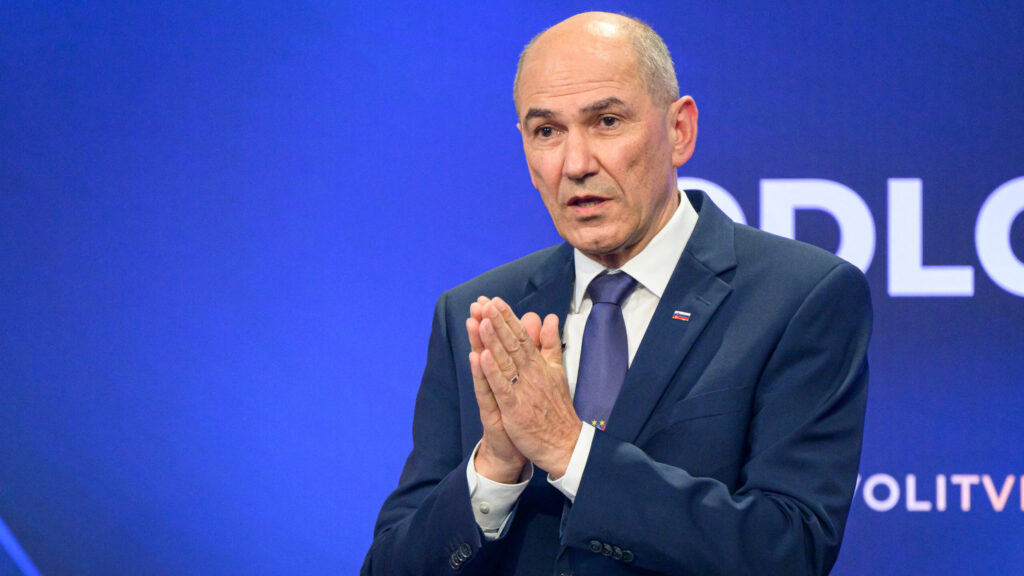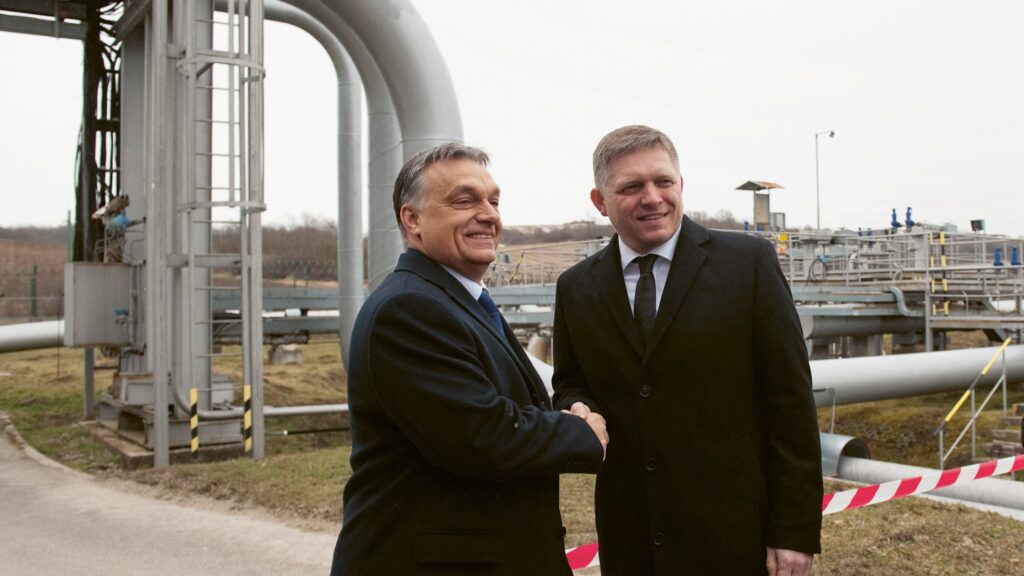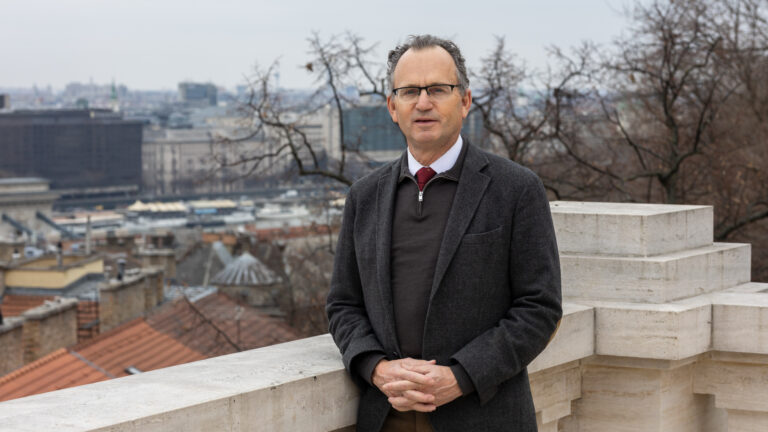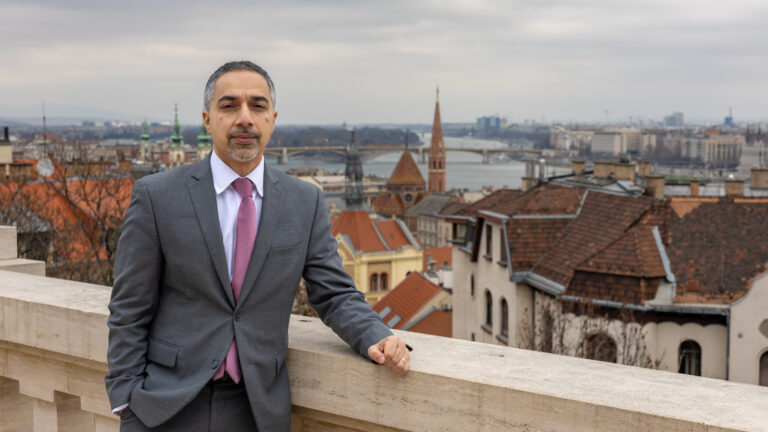Andrej Protić is a major in the Serbian Police and a long-time expert at the Ministry of Interior, specializing in counter-narcotics, organized crime and migration-related security challenges. Speaking to Hungarian Conservative at the MCC Budapest Summit on the Global Drug Epidemic, he described how the shifting dynamics of illegal migration and illicit trafficking are reshaping security risks across Europe. He warned that Europe’s internal value divide between Western harm-reduction approaches and Eastern zero-tolerance models is becoming a defining fault line, stressing that countries seeking to preserve social stability and traditional family structures must remain vigilant as new drug trends emerge. Mr Protić spoke at the conference and in the interview as an expert, not in his official capacity.
***
We heard many times today that illegal migration and illicit drug trafficking are very closely linked. From your experience at the Serbian police and Ministry of Interior, how are these connected?
Such connections exist. They are logical, because the same routes are used for illegal migrants, illegal substances, and human trafficking. All these things are intertwined. That is absolutely understandable, but this is not the real issue, because these are different social deviations and have completely different effects. Migrant populations are susceptible to pressure. In order to get where they want to be, they might engage in many things—prostitution, drug trafficking. And of course, there is also money laundering, because many of them carry large sums of money with them. They have been arrested in such cases; it has been noted.
But now we are in 2025, and those migration routes are currently pretty dried up. It’s not the same situation as in 2023 or 2022, when we had real terrorists on Interpol’s most-wanted lists coming through. Now we have a different situation: people from Gaza, from Ukraine, from war zones. They bring their problems with them—not necessarily narcotics, but different security issues are emerging again in this context.
Serbia or even Hungary do not have the same problems now as Germany, Britain, France, Italy. These countries are much more affected at this time. Maybe we should take that as a lesson. Maybe we should reconsider what true European values are, what unites us, what divides us, what we can actually reach consensus on. Because I am not sure we share the same value system with the Western part of Europe anymore. Maybe the East—the former Soviet bloc, and so on—has a different set of values.
So, to summarize: you should separate questions of illegal narcotics and migration. Migration is not what it used to be a few years ago; narcotics remain a threat. And these threats are on the horizon. As we heard at the conference, the price of cocaine has halved, and the purity of the product has gone up to 90 per cent. Cocaine can now be bought in Marseille for half the price it cost a few years ago. And fentanyl is coming from the States. Once fentanyl arrives, our American friends warn convincingly that it will eradicate all other drugs and take over the market. That would be a horrible scenario for Europe.
Is fentanyl just coming to Europe, or is it already here?
It’s here, but not in significant quantities yet. But it’s very easy to produce. It’s cheap, it’s effective, it’s stronger than heroin. So the danger has never been more real. This should be addressed as the main question in all prevention strategies concerning illegal narcotics. Fentanyl should definitely be put on the map before it gains a foothold in Europe. In the United States, for the past three years, they have been talking only about fentanyl. Marijuana and everything else are secondary now.
People I talk to say that for now, criminal trends still involve marijuana plantations all over Europe. You have them everywhere, and they still make significant money. Most criminal groups in Europe prefer marijuana because it’s low risk, high gain. Not everybody has access to boats and first-hand transport from Colombia for heroin. But fentanyl could be a game-changer for everyone. This is definitely the greatest danger we should be watching next.
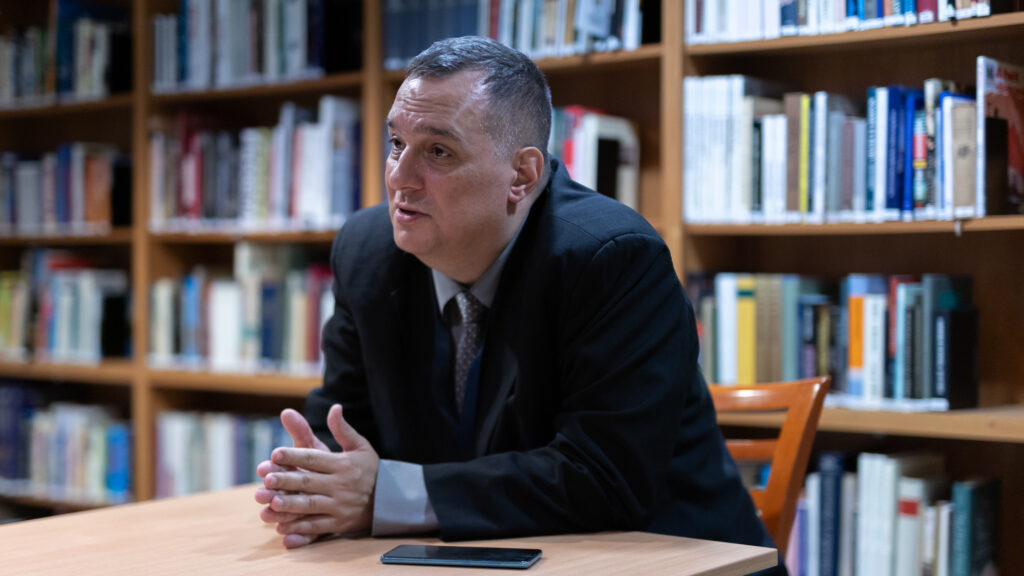
Getting back to what you just said earlier about the different set of values in Western and Eastern Europe. Does that apply to drug-prevention strategies also? Do Western countries approach these issues differently than Eastern ones?
Yes, definitely. Western Europe is more prone to harm reduction—distributing clean needles, rehabilitation, and so on—while Eastern Europe leans more towards zero tolerance, not only for dealing but even for possession. This is a dividing issue. And from what I see here at the conference, the harm-reductionists are exclusively well-funded by NGOs, international funds, investment networks. This brings new challenges and does not seem to solve anything; it makes the problem more present.
And with fentanyl, we cannot even imagine what might happen. Eastern Europe seems to recognize these dangers and is trying to prevent them. It’s visible in Poland, the Czech Republic, Slovakia, Hungary, and I think also in Serbia. The laws here are stricter, risks are greater, profits are smaller. That is what keeps us relatively safe.
But in the past years, we have had to face these increasing attacks, mainly from the West, on traditional values that are much stronger in Eastern Europe. Once that fabric starts to unravel, the challenges will grow. We are still closer to our traditions—mainly Christian traditions—whether Roman Catholic, Protestant, Orthodox. One key part of those traditions is keeping families strong and supportive. In the West you see more narcissism—even solipsism. Me, myself, and I.
‘The time when Eastern Europe blindly followed the West—not just Western Europe but also the United States—is long gone’
Some narcotics produce similar effects: zombified youth in the West, smoking marijuana all day, gaming all day, not bathing, not having girlfriends, not planning to start families. Such people should not have children, because they only look after themselves. That shows the decadence and erosion of values. The West needs to find balance and return to its roots.
Eastern Europe, on the other hand, is slowly returning to its primary identity. You see it in architecture, the renewal of traditional buildings, and institutions like MCC that gather like-minded people around traditional, Christian, conservative values and strong families. These processes are becoming more present in Eastern Europe. It’s a question of value and identity—returning to where we felt safe and satisfied. If we do that, I don’t think we have much to worry about in the future. Families will have children, workforces will stay in their countries because of patriotism, if they are supported, if they can find work. We could return to self-sufficiency.
Is it realistic though? I mean, throughout most of our history, Eastern Europe followed Western Europe. Could this trend be reversed?
I think the time when Eastern Europe blindly followed the West—not just Western Europe but also the United States—is long gone. We have fewer and fewer reasons to trust their strategies and their values. Their values have changed significantly. In the early 1990s, we talked about the free market, capitalism, equal opportunities, rule of law, democracy. These were beyond doubt—values that all societies should strive for. But behind them were deeper foundations: Europe was built on Greek culture, Roman law, and Christian faith. These were the three main pillars of Europe.
From the 1990s to the 2020s, most of that in the West is gone. There is not only an absence of those values—there is an inversion: of identity, family, even gender. Scientifically and medically, gender cannot be changed. Sex and gender are synonyms; you are born with certain characteristics. You can have cosmetic surgery to make you look like the opposite sex, but those organs are only products of cosmetic surgery—not functional—and you have to be on injections for the rest of your life. It’s a magic trick, not science. If this becomes the central question of a civilization—it’s a sign, like in the late Roman Empire, when they were dealing with sexual perversions and eunuchs while barbarians were at the gates.
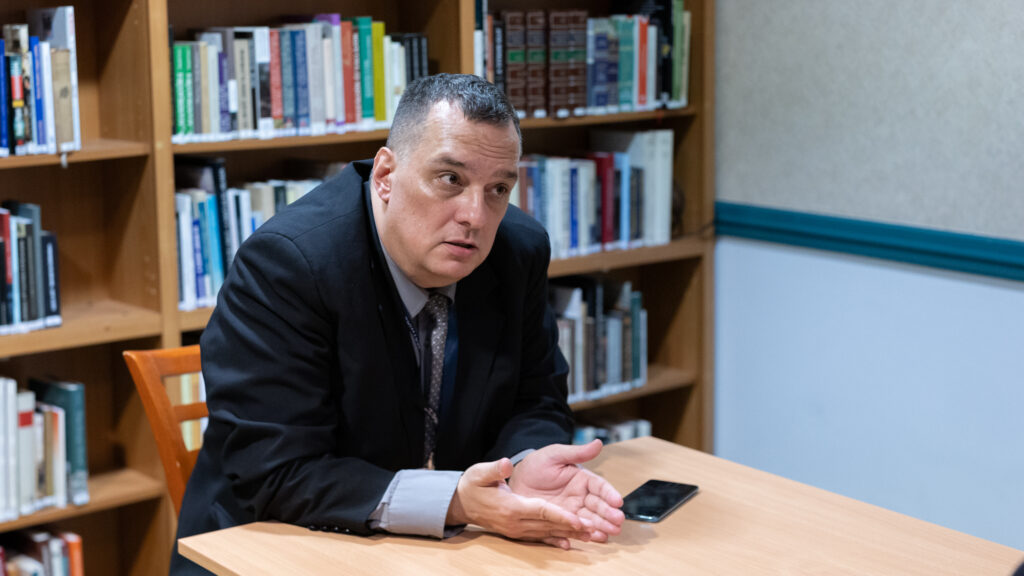
Once you fall into that spiral, it’s hard to come back. On the individual level, everything should be acceptable, but not as a social norm. Now something individual is imposed as a collective norm, and we are forced to conform to someone’s delusions of identity.
We have nothing to follow there. It is a road to disaster, and many in the West see it. They don’t want their children to end up in this spiral. People are returning to tradition. I believe this course will come naturally. We don’t need to fight—just stay who we are, without compromising unnecessarily.
We were maybe naive in the 1990s, thinking we would become the West materially. I remember Hungary in the 1990s: empty stores, people sleeping on the streets. Serbia had hyperinflation. Now shops in Serbia and Hungary are full of products. In that sense, we became free-market societies. But should our values and beliefs be part of the market? Should we really trade our beliefs just to have commodities? That is the main question for all of us.
Read more of our interviews:

